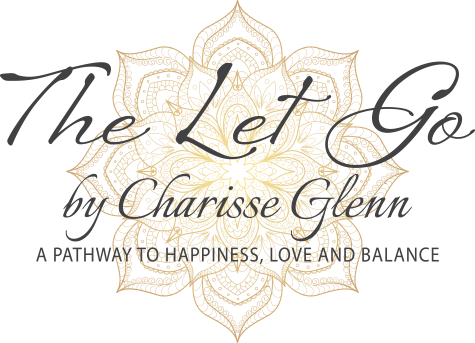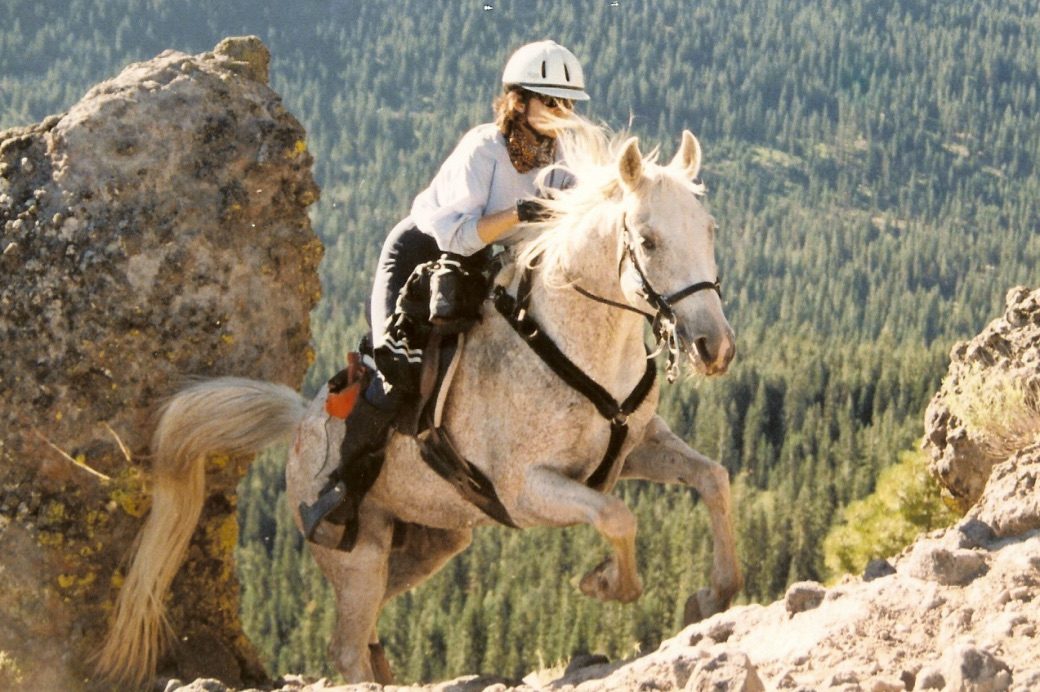Set higher standards for you own performance than anyone around you, and it won’t matter whether you have a tough boss or an easy one. It won’t matter whether the competition is pushing you hard, because you’ll be competing with yourself.
~ Rick Pitino
The Japanese word Ganbaru 眼張る means to preserve, continue, and do your best. It is steadfast determination, standing firm, and is referred to as the art of stretching yourself.
In Japan, the ganbaru spirit drives people in everyday life. The nuances and usage of the word can be varied, with the most basic conceptual translation for encouragement being “Do your best,” “Go for it,” or “Break a leg!” However, the tone and circumstance can quickly turn it from motivation to admonishment when used forcefully. While most benignly, it is positive, other times, it can be insulting, offensive, and destructive.
The importance of overcoming obstacles and never stopping until a goal is achieved is essential in Japan. It is more than a word; it is a concept ingrained within the culture. Hours after Hiroshima was devastated by the atomic bomb, wiping away an entire city, resurrection began. Stories of ganbaru are numerous as earthquakes and tsunamis regularly hit the island nation.
The concept intrigued me, wondering if this has contributed to the high suicide rates in Corporate Japan. Can you have too much prodding never to give up? Can pushing yourself or another cross the line become detrimental?
When are we pushing too much, or when are we doing too little? When is enough enough? Where is the balance?
I had a glimpse of this balance when working with horses. I devised the Three-ask rule to help me find the horse’s character and mindset; we would trot up hills when training for stamina. The first time the horse asked to stop, I would encourage them to continue. Whether they took a few steps or continued for miles, I would go until they asked a second time. Again, I would encourage them forward. A few steps or a few more miles, it was not until the third time that they asked that I would allow them to walk.
This method gave me insight into their physical condition and their mentality. Like humans, each horse has its strengths and weaknesses. We train weaknesses while encouraging the strengths. The ones that could carry on for miles after the first or second ask, or the ones who didn’t stop until they had reached the end of their tanks; one was not better or worse; it was about gaining information; how to monitor, and manage them during a race.
My training goal was to stretch their limitations but not exceed them. I failed to understand the balance if they finished the training injured or were too exhausted to continue. Once pushed beyond its limits, a horse loses its trust. Gauging the individuality of each horse was imperative to success. One size didn’t fit all. The goal was to tax them so they understood the feeling of pushing through, but not so much that it defeated them.
Yet, when is it too much?
Committing ourselves fully to a task and seeing it through to the end is one thing; sticking with a project or situation that is a dead-end is different.
When we are exhausted from walking through the world and feel the need to keep up our strength, and no elation or sense of accomplishment is felt after the task or project is completed, it is a sign that we have gone too far.
Self-sacrifice is detrimental to our well-being. Knowing our constraints and restraints will expose our truth. Your 100% is different than anyone else’s, so stop the comparisons. No one can determine nor set our limits; they vary from person to person. Often, that one extra push is the difference between succeeding and failing. Yet, success takes effort and work. To stretch ourselves is part of growth. It is a factor contributing to excellence.
Unmasking our limits and limitations is paramount to us as individuals and to society as a whole. So open your eyes widely, focus on the end goal, and know where your boundaries lie.
If you are giving 100%, you are doing what you can. Use the Three-ask rule for yourself before you stop. The last stop can be the end of the road or an opportunity to catch your breath and carry on. A road is traveled one step at a time, and we can always take one more step.
Working hard becomes a habit, a serious kind of fun. You get self-satisfaction from pushing yourself to the limit, knowing that all the effort is going to pay off.
~ Mary Lou Retton






Kristen McDevitt
This article is so well written. I feel like it’s the cliff notes for all self-care I attempt to embrace and written precisely for me! Thank you for bringing light to my day… I absolutely love your riding shot too!
Lori
Well written! I would follow you down any trail!